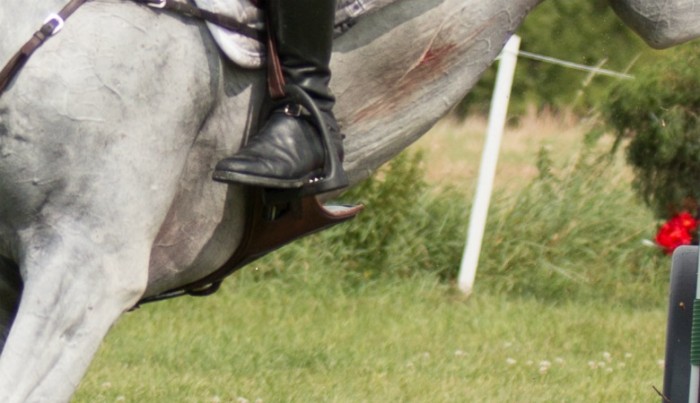
The challenges of veterinarians in sport horses' welfare
Many of the insults to horse health, performance and welfare through riding are preventable or modifiable. The veterinary profession can lead the way in encouraging owners and riders to improve their horse training and handling practices to reduce suboptimal interventions. Improving horse health and welfare will produce horses which are safer to handle, perform better and are happier to perform.
This article explores the physiological and musculoskeletal insults that can result from ridden work, alongside the gear and training paradigms that can compromise welfare. It also considers issues relating to the use of pharmaceuticals in the ridden horse. With stress reduction as a primary focus, it emerges that veterinarians are uniquely placed to comment on the somatic effects of psychological stressors.
To aim an optimal physiological, musculoskeletal and psychological health of the horse, all following factors have to be supervised appropriately and veterinarians are challenged to attain the skills to support horse owners/ riders in this. These factors are: nutrition and hydration, use of pharmaceuticals, stress management of the transport and environment changes, stabling management, warming-up and cooling-down routines, recovery after intensive trainings and competitions, rehabilitations, symmetrical physical loading, musculoskeletal and behavioural training, equine biomechanical insights, saddle fitting, tack and the use of it, compatibility of the rider, favourable horse-rider combinations.
Expert opinion by Isabeau Deckers
Veterinarians generally focus on keeping the performance horse in work but they also are challenged to stay mindful of ways in which the riding and management itself may harm the animal’s welfare and health. Furthermore, equitation science might help veterinarians to be more effective in preventing diseases and injuries to horses and recommending effective, evidence-based therapy and rehabilitation. The ultimate position of an equine veterinarian would be in a multidisciplinary team of scientists and equine professionals, all devoted to produce high qualitative performances with an happy athlete, wherein they cope with minimising injuries and maximising horse welfare.
> From: McGreevy et al., Equine vet. Educ. 23 (10) (2011) 531-539. All rights reserved to EVJ Ltd.. Click here for the online summary.


